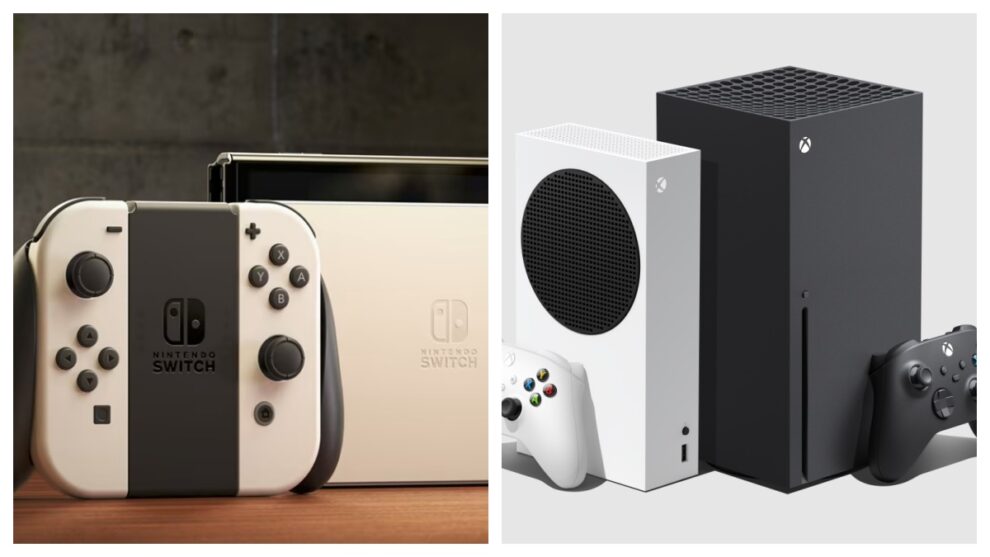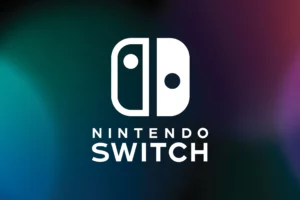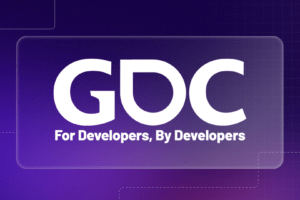Market research firm DFC Intelligence has released a bold prediction about the future of console gaming, suggesting that only one of the traditional hardware giants – Sony or Microsoft – will survive the next generation’s competitive landscape, while Nintendo is poised to dominate the market. The forecast, detailed in the company’s ‘2024 Video Game Market Report and Forecast,’ paints a complex picture of the gaming industry’s future beyond 2025.
Despite projections of continued growth in the overall video game market, DFC Intelligence’s analysis suggests that the upcoming console generation will witness an unprecedented struggle between Sony’s PS6 and Microsoft’s next Xbox platform. The research firm believes there’s only room for two major players in the hardware space, with Nintendo already securing the top position thanks to its unique market position and the anticipated early release of its Switch successor.
Sony currently holds what DFC describes as a “slight edge” in this impending battle, citing the company’s devoted customer base and robust portfolio of exclusive intellectual properties. These advantages could prove crucial in maintaining PlayStation’s market position, though the report emphasizes that the race remains far from decided.
The timing of console launches could prove pivotal in determining the ultimate victor. DFC Intelligence emphasizes that being first to market could provide a significant competitive advantage, though pricing strategies and feature sets will also play crucial roles in shaping consumer preferences. This multi-faceted competitive landscape suggests that both companies will need to execute their strategies flawlessly to secure their place in the market.

Microsoft’s evolving position in the gaming industry adds another layer of complexity to these predictions. Having transformed into one of the industry’s largest publishers through strategic acquisitions, the company has already begun pivoting toward software and distribution models that are less dependent on traditional console hardware. This shift raises questions about Microsoft’s long-term commitment to the console hardware market.
The company’s recent emphasis on cloud gaming and subscription services through Game Pass, combined with its multi-platform publishing strategy, suggests a potential future where Microsoft’s gaming division thrives independently of its console hardware business. This adaptability could prove advantageous as the industry continues to evolve beyond traditional gaming platforms.
Nintendo’s projected dominance in the next generation stems from several factors, including its distinct market positioning and the absence of direct competition in its specific segment of the gaming market. The company’s successful strategy of offering unique gaming experiences rather than competing purely on technical specifications has created a sustainable niche that neither Sony nor Microsoft has successfully challenged.

The timing of Nintendo’s next console release could further cement its market leadership. With the Switch successor expected to launch ahead of its competitors, Nintendo could establish a strong market position before the PS6 and next Xbox even enter the picture. This head start, combined with Nintendo’s established brand strength and unique gaming ecosystem, positions the company favorably for continued success.
These predictions come at a crucial time for the gaming industry, as current-generation consoles approach their mid-life cycle and manufacturers begin planning their next moves. The stakes are particularly high given the massive investments required to develop and launch new gaming hardware, along with the increasingly competitive nature of the gaming market.
The report’s implications extend beyond just hardware manufacturers, potentially affecting game developers, publishers, and the broader gaming ecosystem. A significant shift in the console market’s competitive dynamics could influence everything from game development priorities to distribution strategies, ultimately reshaping how games are created and delivered to consumers.
As the industry awaits the next generation of gaming hardware, these predictions highlight the increasing complexity of the gaming market and the challenges facing traditional console manufacturers. The outcome of this predicted struggle could fundamentally alter the gaming landscape for years to come.
















Add Comment